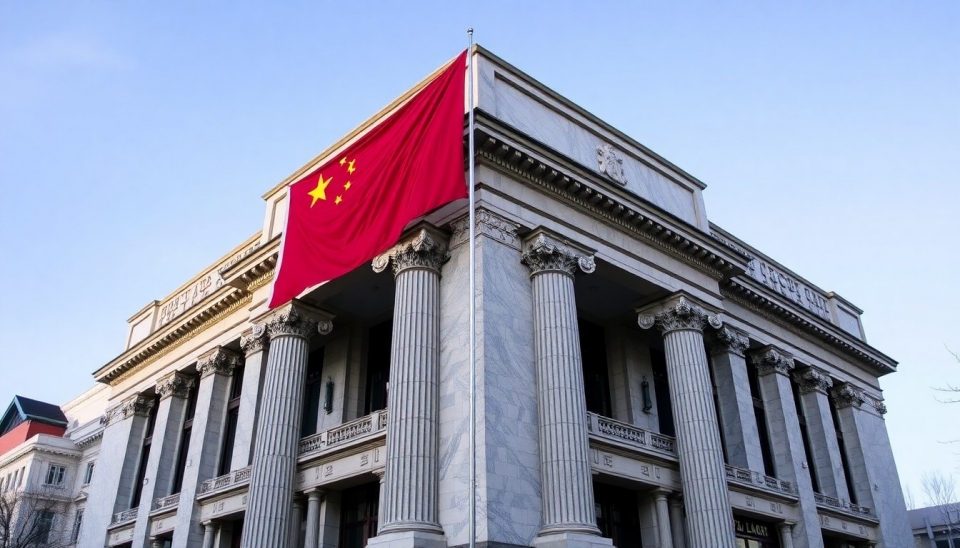
Chinese Central Bank Orders State Banks to Reduce US Dollar Purchases
The People's Republic of China continues to strengthen its control over its financial market, this time tightening restrictions on US dollar purchases. The country's central bank has issued a directive to major state-owned banks requiring them to cut back on the volume of American currency purchases. This move has been interpreted as a response to long-standing threats from the US regarding Chinese economic practices.
Continue reading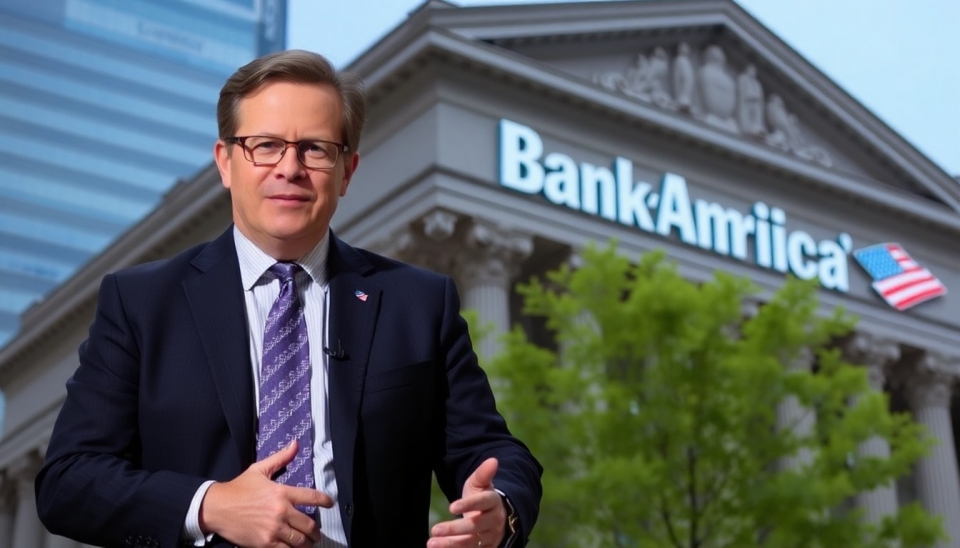
CEO Bank of America Brian Moynihan Predicts No Interest Rate Cuts in 2023
Bank of America CEO Brian Moynihan expressed confidence that there will be no cuts in interest rates in the current year of 2023. During a recent interview, he noted that the economic environment in the country remains challenging, and it is expected that the Central Bank will continue to adhere to a tight monetary policy. According to him, rising inflation and complicated supply chains leave little basis for lowering rates in the near future.
Continue reading
Reviving Cars: Opel and Citroën to Launch Models Without Central Screens
Auto manufacturers Opel and Citroën have announced new car models that will remarkably lack central displays – an element that has become standard in most modern vehicles. These new offerings are aimed at drivers who prefer more traditional controls and do not want to be distracted by numerous digital interfaces. By incorporating ideas from the era of classic cars, both companies are striving to bring back simplicity and convenience to vehicle management.
Continue reading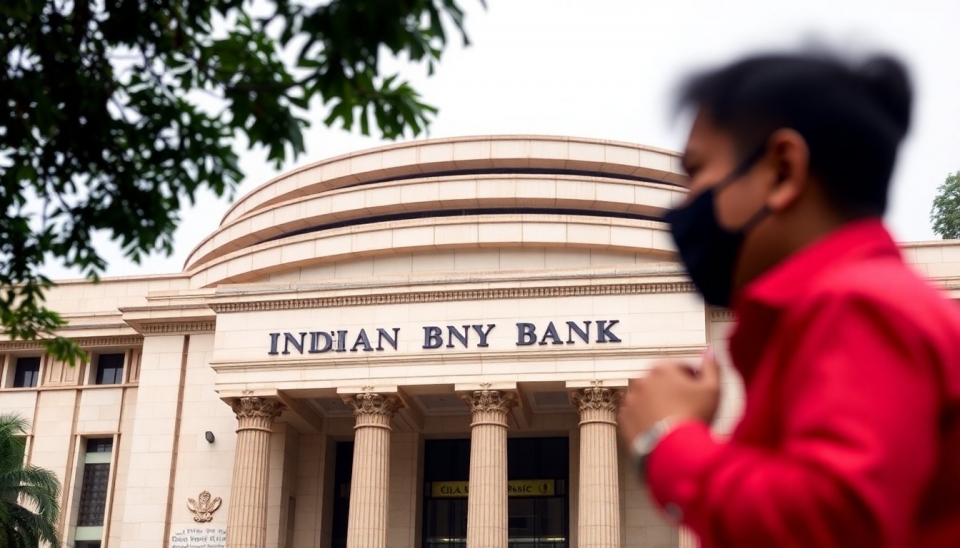
Indian Central Bank Tightens Scrutiny of Credit Activity
The Reserve Bank of India has decided to intensify its measures to control credit activity amid growing concerns over excessive borrowing. This decision is part of efforts to maintain financial stability and minimize risks related to a potential rise in loan defaults. The bank's monetary policy committee plans to closely monitor credit institutions as the country grapples with concerns about the sustainability of economic growth and possible negative consequences associated with rising debt.
Continue reading
Economists Bet on More Indonesia Easing After Rate-Cut Surprise
The recent decision by Indonesia's central bank to cut the interest rate by 25 basis points came as a surprise to many experts and sparked discussions about potential further easing of monetary policy. This decision was made in the context of slowing economic growth and uncertainty surrounding future inflation trends in the country.
Continue reading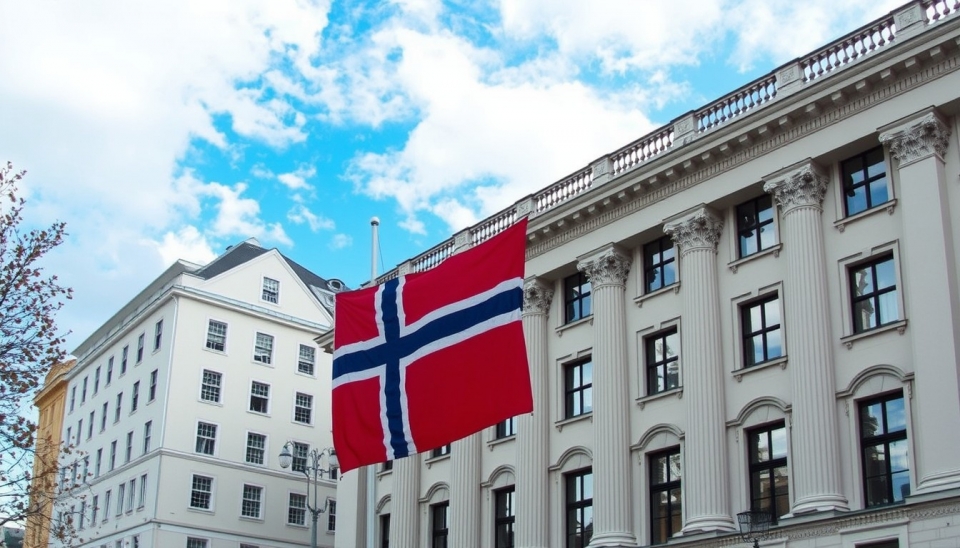
Norway Keeps Interest Rate Steady, Signaling Cuts Aren't Likely Until 2025
The Central Bank of Norway has decided to maintain its interest rate at 4.25%, announcing that any plans for cuts are not likely to materialize until 2025. This decision is driven by a desire to support economic stability in the country amid various market influences, including rising inflation and changing work conditions.
Continue reading
Angola Keeps Key Interest Rate Unchanged Amid Easing Inflation
The Central Bank of Angola has decided to maintain its key interest rate at 18%. This decision comes as inflationary pressures in the country begin to ease, with August’s inflation rate recorded at 11.2%, slightly down from 11.5% in July. Annual inflation is moving away from the peak of 13.3% reached in May of this year.
Continue reading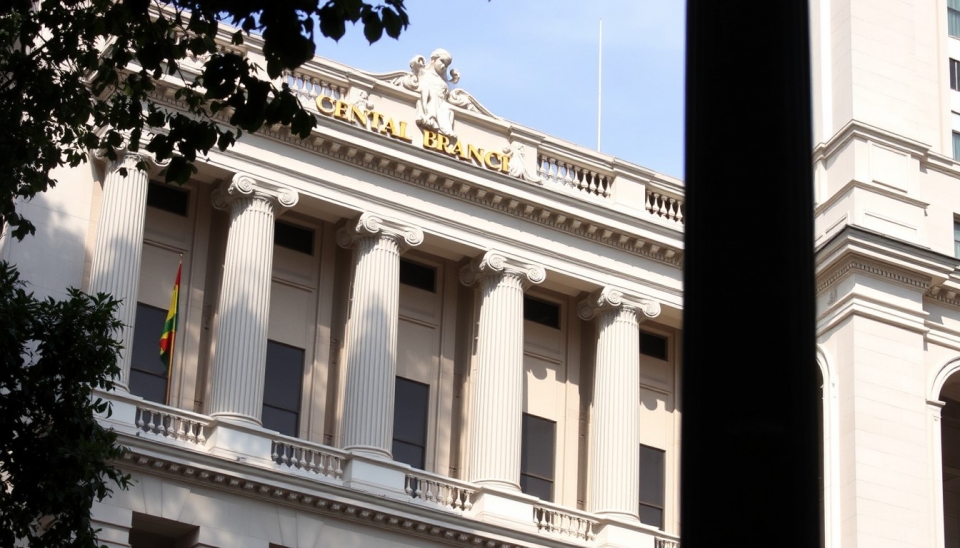
Brazil's Central Bank Raises Interest Rate to 10.75% Amid Hot Economic Growth
On September 18, 2024, Brazil took a significant step in its monetary policy by raising the interest rate to 10.75%. The country's central bank made this decision in response to signs of strong economic growth, which they believe could lead to inflation. The rate was increased by 0.25% and is now at its highest level since 2016. This rise is mainly attributed to the need to control rising prices and ensure the stability of the financial system.
Continue reading
Federal Reserve Creates Policy Space in Global Economy
The Federal Reserve of the United States (Fed) is opening new opportunities for monetary policy both domestically and internationally. The latest Fed meeting concluded with interest rates remaining unchanged, providing central banks in other countries with greater maneuvering space. This decision was made against the backdrop of increasing global instability and economic uncertainty.
Continue reading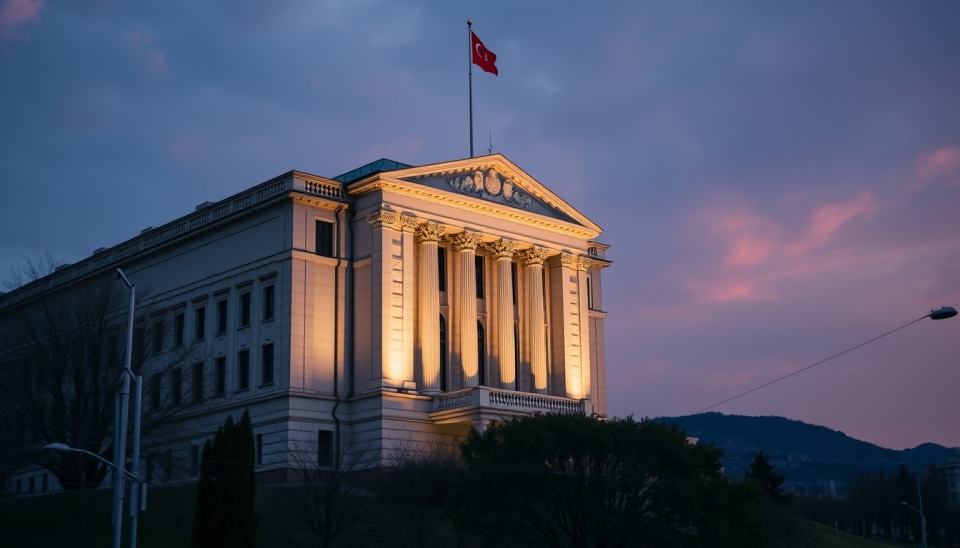
Turkey's Central Bank Delays Rate Cuts Amidst Uncertain Economic Conditions
In Turkey, the central bank responsible for monetary policy appears to be delaying a decision on lowering interest rates, awaiting more convincing evidence of stability in the economy. Despite pressure from the government and dissatisfaction from businesses, central bank officials believe that the current conditions do not allow for actions such as cutting interest rates. This perspective has emerged amid ongoing inflation, currency instability, and other economic indicators that present contradictory signals.
Continue reading